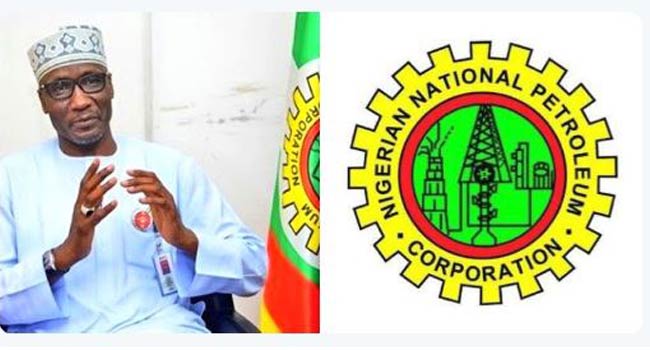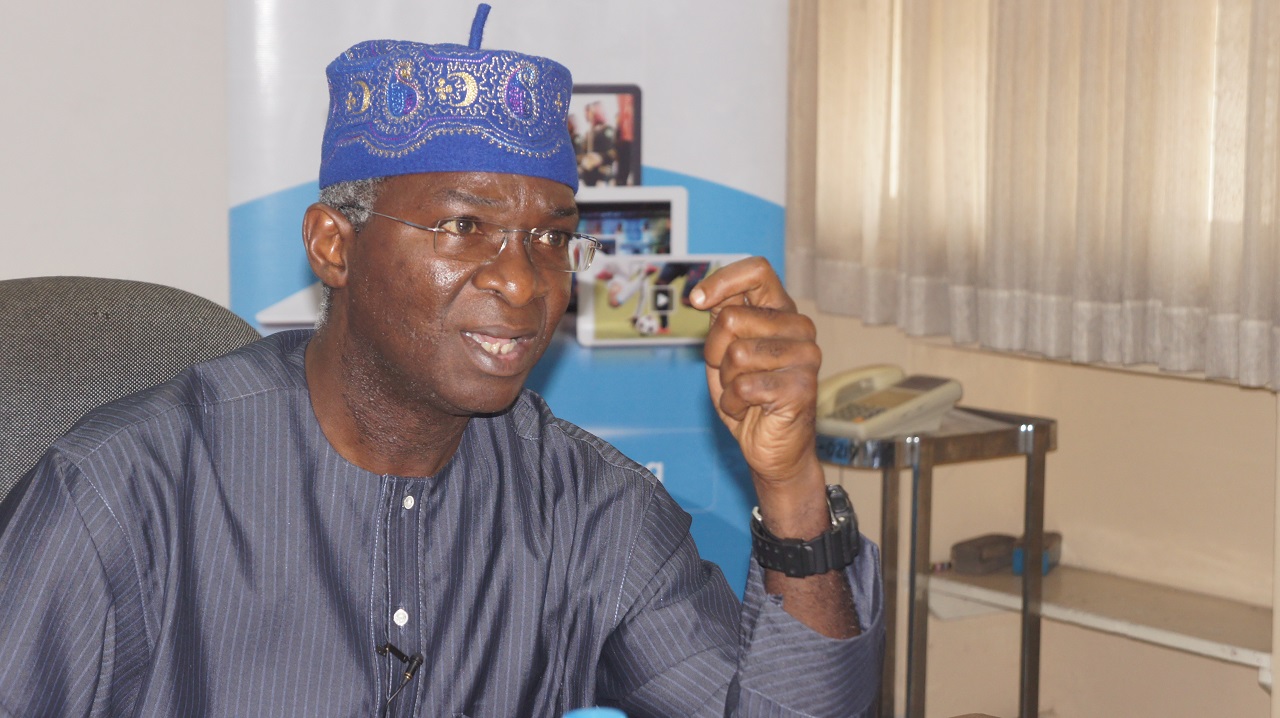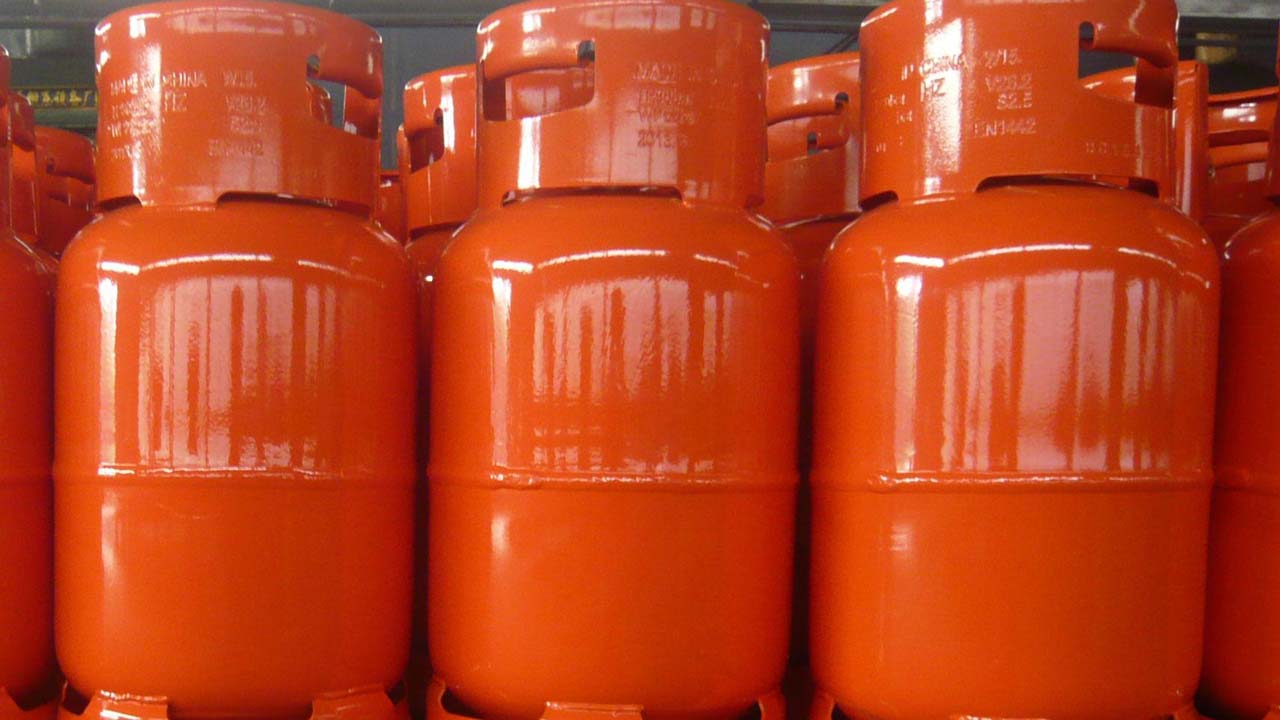Fresh figures from the Department of Petroleum Resources (DPR) and Nigerian National Petroleum Corporation (NNPC) have shown that International Oil Companies (IOCs) failed to pay about $14.298 billion between April 2008 and October 2016 as penalty for gas-flaring to the federal government.
Whereas DPR figures showed $850 million (N306 billion) loss to gas-flaring in 2015, NNPC latest report put losses to gas-flaring in 2016 at N217 billion. The report said oil and gas firms flared a total of 244.84 billion standard cubic feet of natural gas in the whole of 2016.
Before now, industry experts had called on the federal government to review the penalty template for defaults in gas flaring but government has remained adamant, a scenario that tend to show traces of connivance of sort after all.
In his presentation at the ongoing Offshore Technology Conference (OTC) in Huston Texas, the Deputy Director and Head, Upstream, DPR, Pat Maseli, revealed that the high level of gas-flaring had led to a loss of 3,500 megawatts of electricity and about $400 million carbon credit value. She expressed worries over the scale of gas-flaring in the country.
Earlier in the year, the Executive Secretary of Nigerian Content Development and Management Board, Simbi Wabote, has said that the content development initiative in the last six years attracted investment of over $5 billion (N1.8 trillion) into the country’s oil and gas sector.
Besides, the Nigerian Extractive Industries Transparency Initiative (NEITI), in its latest oil and gas audit report, revealed that oil firms operating in the country have failed to abide by the regulation stipulating penalty of $3.5 for every 1,000scf of gas flared in the country.
The Minister of State for Petroleum Resources, Dr. Ibe Kachikwu, in response to the development said Federal Government has concluded plans to set up an independent tracking mechanism to ascertain the actual volume of gas being flared in the country.
Though the minister was silent on whether the arrears of the penalty will be paid by the IOCs, he was quick to observe that “There is an urgency to drive the policy that will enable us get out of gas-flaring. We are putting up an independent tracking mechanism not relying on figures from the IOCs and the DPR to find out really what is the flare volume. My feeling is that there is a lot of management of those figures to suit the cap of the penalties being charged for gas-flaring.”








